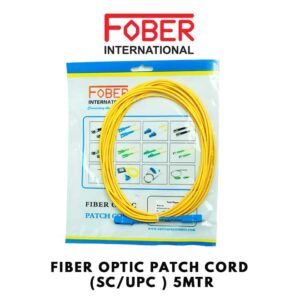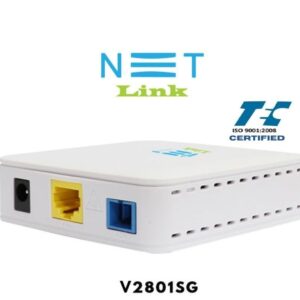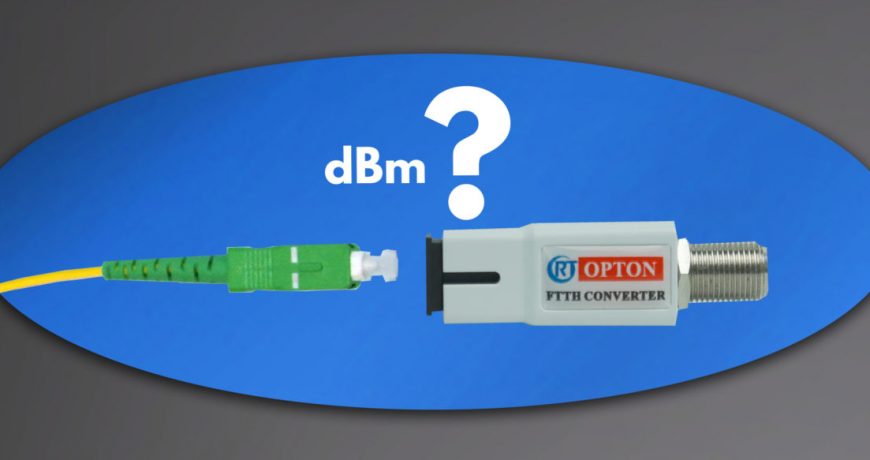Subtotal: ₹927.48 (incl. tax)
Do you know what is the essential optical input level of a CATV passive node? Leave a comment
There is no particular optical input level for CATV passive node.It depends on various factors such as
1)Type of QAM signal 64 to 256
2)Minimum input level of Set of Box
3)Career to noise level (C/N ) of the signal
If the catv digital signal with 64 QAM and STB minimum input is 35dB and C/N level is 50dB (in 85 RF dB), Then -18 also possible to provide a good service.
For example: An MSO , if they are providing digital signal in 256 QAM (quadrature amplitude modulation). then they can include more TV channels in one frequency , But at customer end need to keep more higher optical signal than 64 qam
Another example :Different made STB (SET TOP BOX) needed different levels of RF minimum input signal (CISCO STB need minimum 50dB,But Coship STB need only 35dB). RF dB also depends on the optical levels. So even 64 QAM digital CATV signals , the input optical level of Passive node depends on the particular STB minimum input levels
Another example :Different CATV Optical transmission networks is with different level of C/N ratio (Carrier to Noise ratio). It is according the type of equipment used,No of cascading (repeated transmission) Input level of control transmitter , Performance with permitted attenuation (loss) in fiber cable and passive devices .
If the C/N level is 45~50 db in (in Rf level 85db) ,we can consider as a good quality signal . For a big and elaborated optical network, it will be better to check and keep C/N as better as possible , this will increase the performance of end passive induction node .
Most of RF power meters also having the feature to check C/N level .A periodical inspection is essential to maintain the good C/N ,especially in re transmission points . The higher Optical losses than permitted and reflection losses in splicing joints also causes to reduce the C/N and by using OTDR, (optical time domain reflector), optical power meter, VFL (Visual fault locator) , can be use for rectify the reason of poor C/N .
In a normal traditional optical CATV FTTH network, we suggesting to keep the optical input level of an induction node as -6 ~ -8 for stable performance, and expecting an RF level in between 45 ~ 50 db.

 FOBER FIBER OPTIC PATCH CORD (SC/UPC) 5 MTR
FOBER FIBER OPTIC PATCH CORD (SC/UPC) 5 MTR  GPON ONT(1GE Secure ONT)(V2801SG) - NETLINK
GPON ONT(1GE Secure ONT)(V2801SG) - NETLINK 

